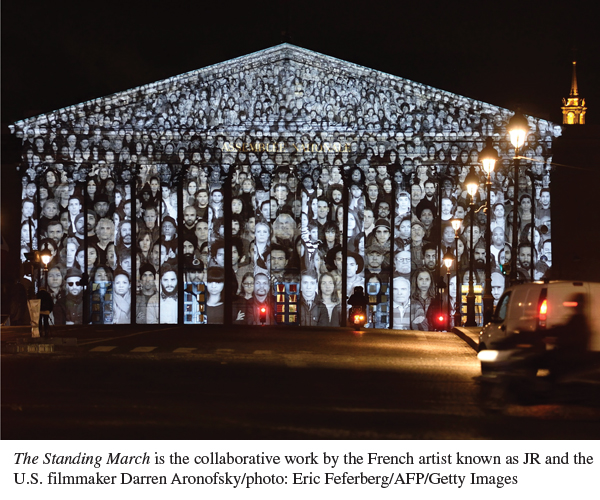A History of Western Society AP®: Printed Page 826-g
CONCEPT 4.4
Social Change in an Increasingly Multicultural Continent
The social effects of the world wars were just as marked as the political, economic, and cultural effects. Total war transformed the lives of ordinary men and, even more, those of women, who moved into skilled industrial jobs long considered men’s work, though at the end of both wars government policies moved women out of the workplace again and encouraged population growth. Women’s efforts in the wars plus organized women’s rights’ movements led to their gaining the vote and better educational opportunities, and with the economic boom of the 1960s more married women became wage earners. In the 1970s a reinvigorated feminist movement began working to secure genuine gender equality through laws governing the workplace and family, and greater reproductive rights.
The world wars altered class as well as gender hierarchies, and European society became more egalitarian, with the line between the middle and working classes becoming fuzzier. The need for workers led many governments to sign labor agreements allowing foreign workers to immigrate, and people from former colonies and the developing world often moved into prosperous western Europe. Growing ethnic diversity changed the face of Europe and enriched the cultural life of the continent, but it also provoked anti-

The bulging cohort of so-